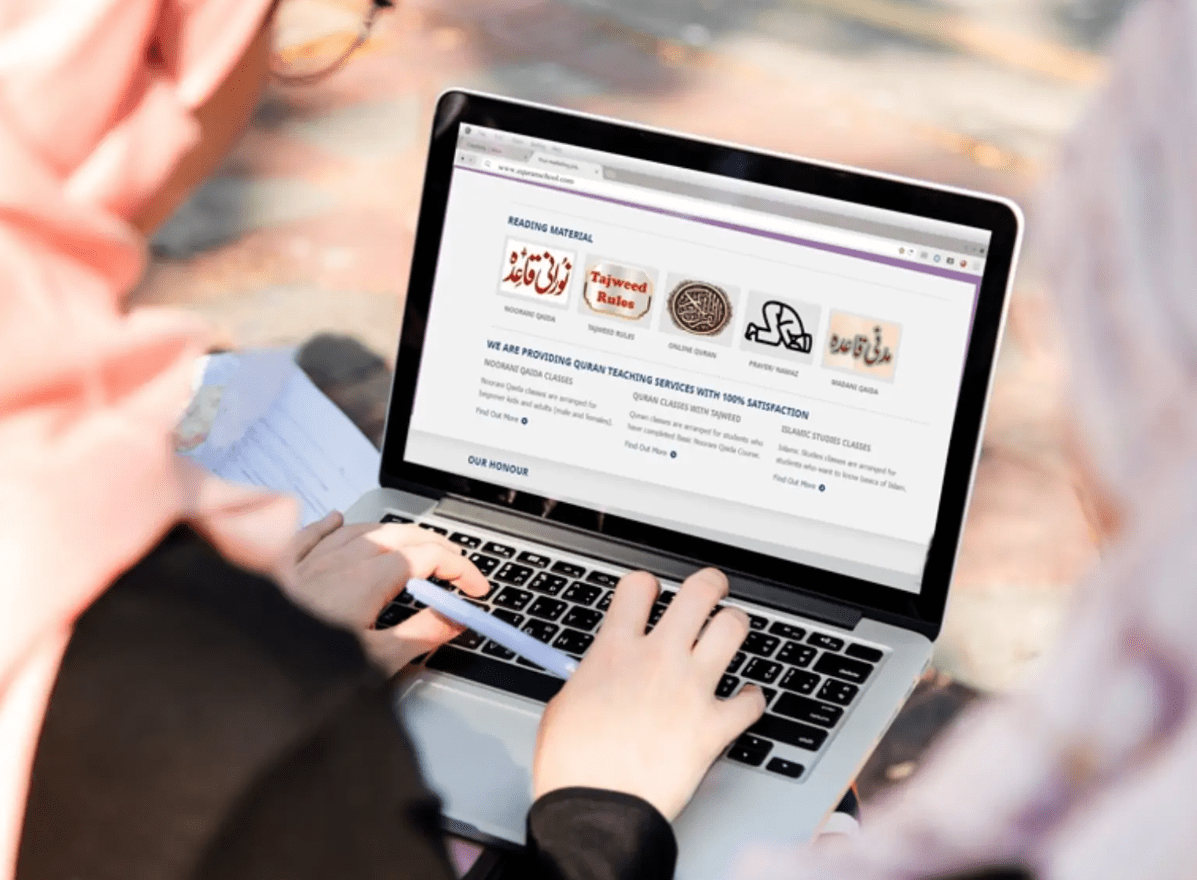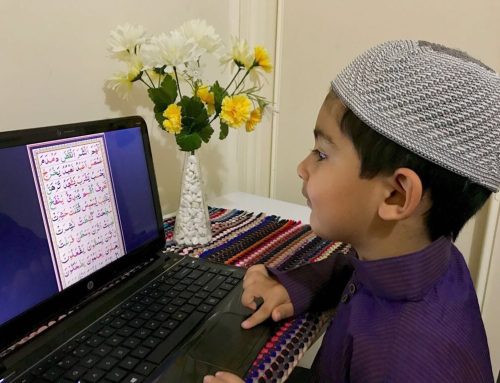In recent years, the global educational landscape has undergone a significant transformation, with virtual learning becoming a prevailing trend. This shift is particularly evident in religious education, as online platforms have emerged as a medium for accessing spiritual knowledge and guidance. One notable development is the rise of online Shia Quran Qari classes, which offer a novel approach to learning and reciting the Quran while adhering to the principles of Shia Islam. This article delves into the phenomenon of online Shia Quran Qari classes, exploring the benefits, challenges, and impact of this virtual learning trend.
The Shift to Virtual Learning
Traditional modes of learning often required physical presence in a classroom setting, which posed limitations on access and flexibility. However, the advent of technology has revolutionized education, making it accessible to a broader audience. The Shia community, deeply committed to the teachings of the Quran, has embraced this shift, leading to the rise of online Quran Qari classes tailored to their beliefs and practices.
Benefits of Online Shia Quran Qari Classes
Global Reach: Online classes transcend geographical boundaries, enabling Shia individuals from around the world to connect with qualified Qaris who possess in-depth knowledge of the Quran and Shia traditions.
Flexible Learning: The virtual format allows students to learn at their own pace and convenience. This flexibility is particularly valuable for those with busy schedules or other commitments.
Customized Curriculum: Online Shia Quran Qari classes often offer tailored curricula that focus on both Quranic recitation (Tajweed) and Shia interpretations. This ensures a comprehensive understanding of the text.
Access to Expertise: Students can learn from accomplished Qaris and scholars who specialize in Shia quran teachings. This direct access to expert guidance enriches the learning experience.
Interactive Learning: Many online platforms provide interactive sessions, allowing students to engage with instructors and fellow learners, fostering a sense of community and support.
Challenges in Virtual Shia Quran Qari Classes

Technological Barriers: While technology opens doors, it can also pose challenges for those with limited access to the internet or technological resources required for virtual learning.
Maintaining Discipline: Self-discipline is crucial for online learning. Without the structure of a physical classroom, some students may struggle to stay focused and committed.
Lack of Physical Presence: The absence of face-to-face interaction with instructors can sometimes hinder the establishment of a personal connection, which is often valued in religious education.
Impact and Future Implications
The rise of online Shia Quran Qari classes signifies a paradigm shift in religious education. It not only caters to the contemporary lifestyle but also highlights the adaptability of religious teachings in the digital age. As this trend continues to grow, it has the potential to foster a more global and interconnected Shia community, united by a shared commitment to the Quran.
In the future, it is likely that virtual learning platforms will evolve to address the challenges and limitations currently faced. These platforms may incorporate more innovative tools for interactive learning, enhanced teacher-student engagement, and accessibility for those in underserved regions.
Conclusion
The emergence of online Shia Quran Qari classes represents a profound evolution in the way religious education is delivered and accessed. The benefits of global reach, flexible learning, and expert guidance, combined with the challenges of technology and discipline, create a dynamic landscape of virtual Shia learning. As the world continues to embrace digital transformation, these classes stand as a testament to the resilience and adaptability of religious teachings in an ever-changing world.





